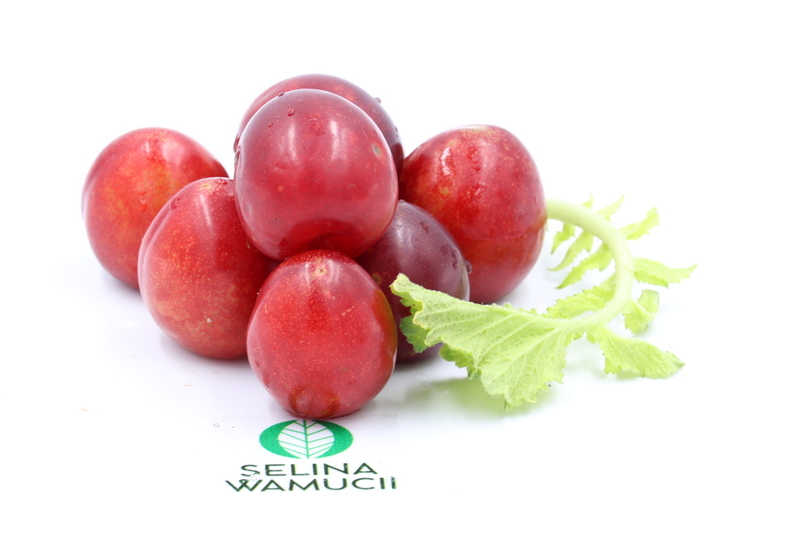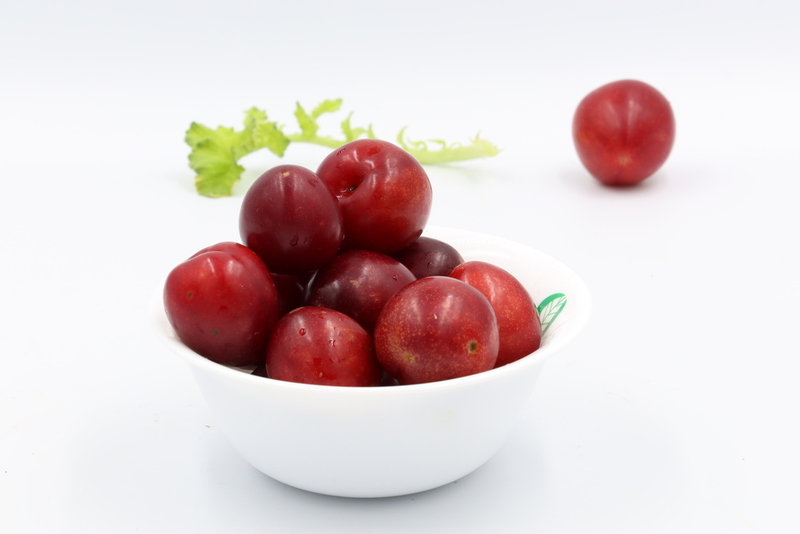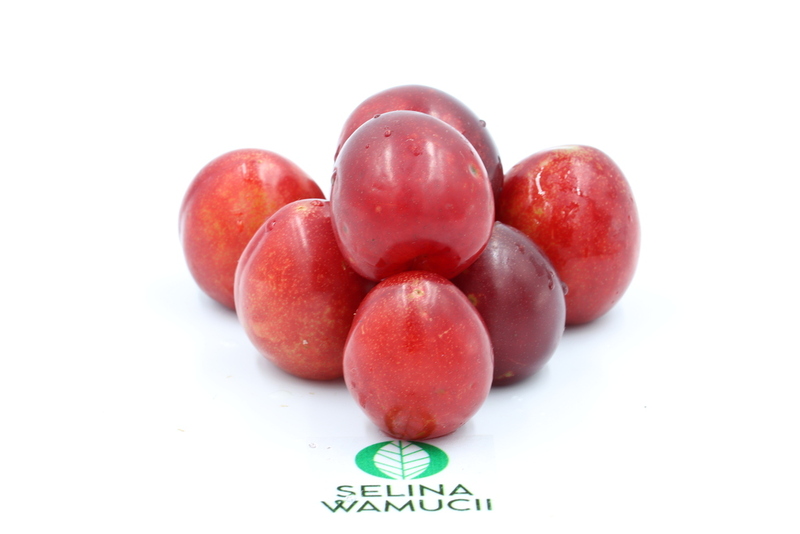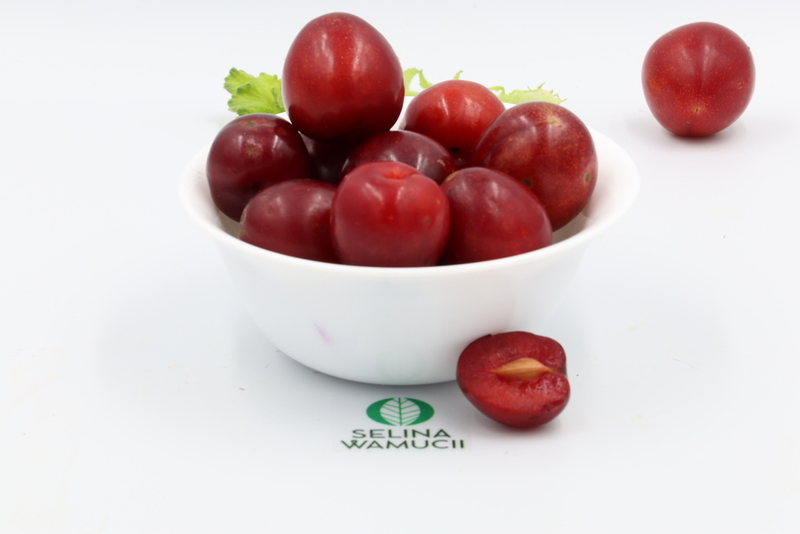Buy Morocco Plums Directly From Exporters & Suppliers - Best of 2024 Market Prices
| Summary | |
|---|---|
| Common Names | Plums Berqouq |
| Varieties | Damson Greengage Yellowgage Satsuma plum |
| Size | 2cm-7cm in diameter. |
| Storage | Controlled temperatures between 0°C-5°C |
| Packing | Corrugated cardboard boxes 13kg each |
| Season | September-November |
| Transport Conditions | 0°C-5°C 1-8 weeks shelf life |
The global demand for plums reached $15.8 billion in 2018. The production of Morocco plums actively seeks to meet the continuously increasing demand both locally and internationally. Plums are either consumed fresh, blended into juice, or as a recipe in various pastries.
Plum is an edible fruit classified under the genus Prunus and family Rosaceae. A plum tree grows to a height ranging between 20ft-33ft. The flowers on the tree have a cuplike shape known as a hypanthium whose fertilization leads to the development of a drupe fruit.
A mature plum fruit assumes a glaucous appearance because of its waxy coating. It has a fleshy and juicy exterior, and the inner part constitutes a pit or stone which covers the seed. Plum fruits are oval or globose in shape and are 2cm-7cm in diameter. They are also known as Berqouq in local Moroccan dialect.
The species Prunus domestica originated in the Caucasus area about 2,000 years ago. It is assumed that the plum was among the first fruits to be domesticated. After its distribution to Japan, plums were gradually introduced to the rest of the world by traders.
Morocco plums production grew from the 1980s and is still consistent in terms of yield. In 1985, the plum yield in Morocco was recorded as 61,538 hectograms per hectare. The yield grew to 116,857 hectograms per hectare by 2017.
Morocco is ranked twelfth globally for producing and exporting more than 179,000 tons in 2017. It was an increase in production compared to 123,000 tons it produced in 2016. Morocco exports its plums various countries including Russia, China, United Kingdom and Germany.
By the end of 2019, Morocco had 1% global shares of plum production. The country has a high comparative advantage in terms of its future export potential of plums relative to other countries.
Morocco produces different varieties of plums including Damson, Greengage, Yellowgage and Satsuma plum. They assume different appearances in shapes and colours. The Damson variant has a black or purple skin while the Satsuma plum has red skin and flesh.
The season for harvesting plums in Morocco spans between September and November. Plums thrive in relatively hot areas with well-drained, sandy soils. A filtered or full sun exposure prompts flowering and eventual development of fruit. The best location for plum orchards is raised or slightly sloping.
Exposure to frost muffles flower blossoming and curtails fruit setting. Plums also thrive in areas where humidity is low, and rainfall occasionally falls. Plant diseases on plum trees are rampant in cases where the weather is wet for a prolonged period.
Organic fertilizer and calcium nitrate must be added to the soil to optimize the yield. Mulch or shredded bark is placed around the tree to facilitate water retention.
Harvesting begins when the plum fruit is soft when squeezed gently. After harvesting, plums are cooled and conserved in low temperatures between 1°C and 5°C for two days or more to preserve quality. Prolonged storage under temperatures below -0.5°C can lead to chilling injuries which is evident through internal browning.
The plums are then rinsed and sorted by hand in terms of size and quality for packing. They are further sorted automatically by a machine to determine different sizes for the appropriate box. They are then put in corrugated cardboard boxes weighing 13kg each.
The average shelf life of plums varies between one and eight weeks when temperatures are maintained at a minimum of 0°C and a maximum of 5°C. Plums are then exported to other countries either by ship or air, depending on cultivar’s shelf life.
This is where Morocco plums meet the world, and you can sign up to place an order or sell!
Get Instant Quote
Are you a producer of Morocco Plums or other products?
Sign up today for FREE to buy or sell Morocco Plums.





